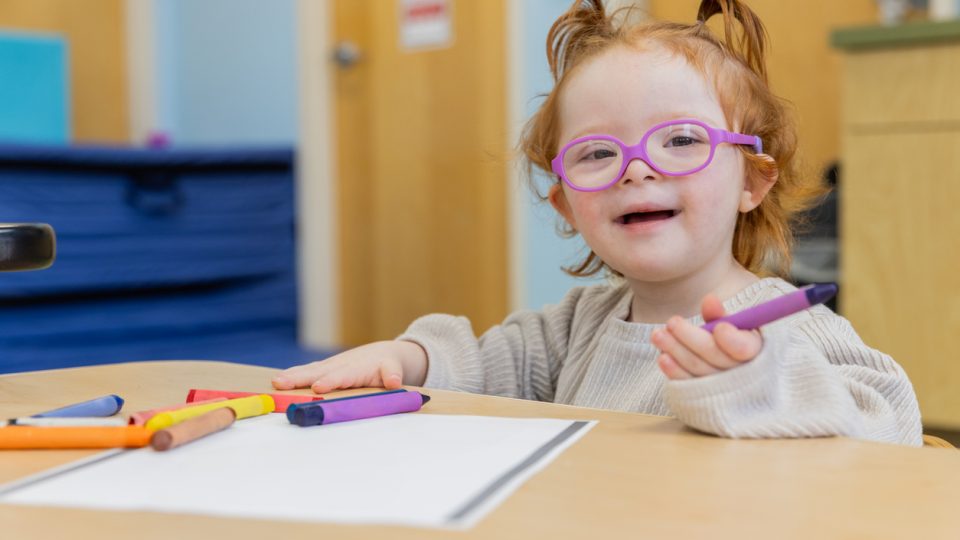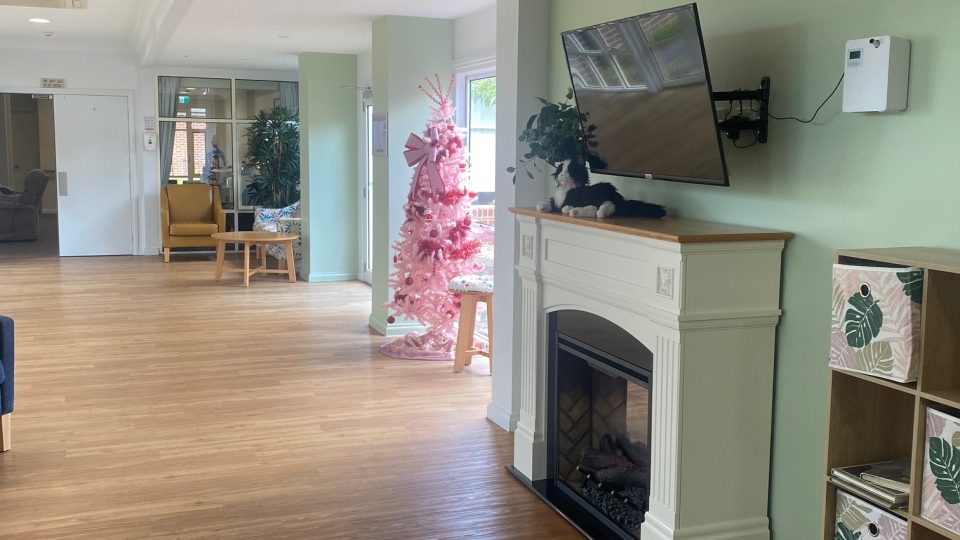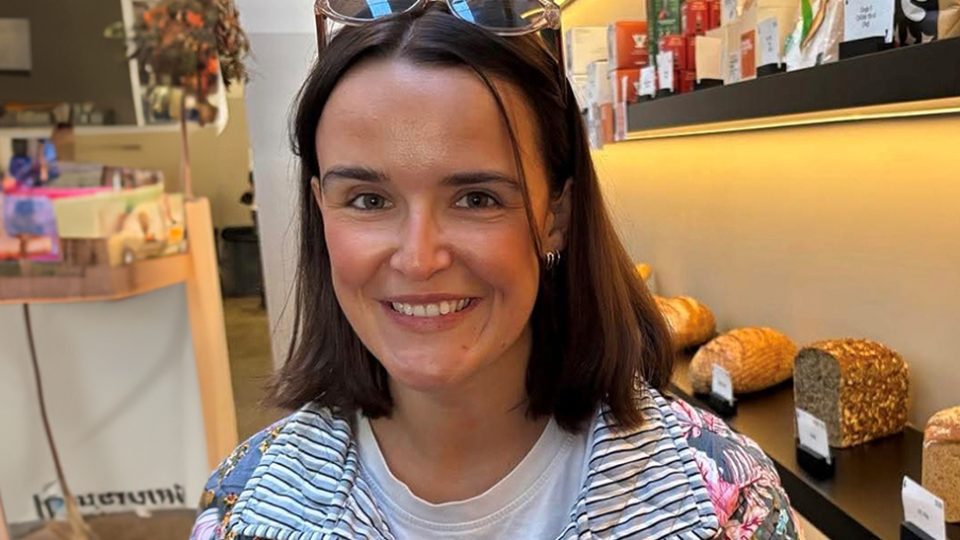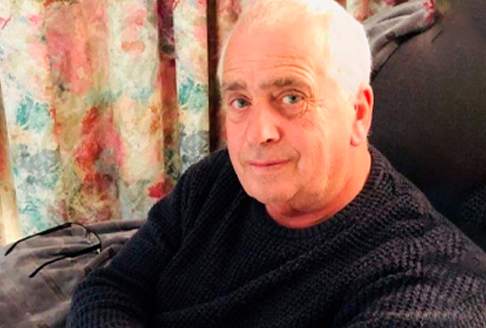The world of caring is complex. It is important and delicate work that requires layers of sensitive support. Baptcare is blessed to have support workers such as Allan in our community.
How long have you been a Family Services Practitioner with Baptcare?
I have been working in this role for two years and four months after coming out of retirement.
What does the job involve?
I work part time providing assistance and support to Baptcare Kinship Carers.
What do you like about the job?
I enjoy the people contact, working with Kinship Carers and making a positive difference in their lives. Also, the team I work in and the support I obtain from management is rewarding. Prior to taking on this role I worked for nearly 30 years in the disability field then retired, travelled overseas with my wife and then COVID struck so there wasn’t the same freedom to make future travel plans.
I found that I was getting bored and missing the people contact, so I came back to work.
Do you have a favourite work memory?
I have many memories. A more recent one is observing the reaction and happiness of a young boy when I delivered a basketball system to him at his grandparent’s home and the email he sent thanking me and Baptcare.
If you could sit next to 2 people at a dinner party, who would they be, and why?
Paul McCartney and Ringo Starr. I have been a Beatles fan ever since I can remember.
What did you want to be when you grew up?
Follow my fathers’ footsteps and be a train driver.
Describe your ideal day.
My ideal day is when I can make a positive impact and create great outcomes in a carer and child’s life.
Do you have a favourite saying/motto in life?
Don’t sweat the small stuff.
Community news
-

Starting school with a developmental delay or disability | What parents and carers need to know
Starting primary school is a major milestone for every child. For families of children with disability or developmental delays, it can bring extra questions and emotions. With the right support, this transition can be a positive and empowering experience.
- 21 Jan 2026
-

Opening doors: transforming aged care at our Heritage Manor community
At Heritage Manor Residential Aged Care community in Morwell, a quiet revolution has taken place – one that began not with grand gestures, but with a simple decision: to open a door.
- 16 Jan 2026
-

Staff Spotlight: Annabelle Hancock
Meet Annabelle Hancock, Statewide Carer Support Liaison Officer for the Foster and Kinship care team based in Tasmania.
- 06 Jan 2026

